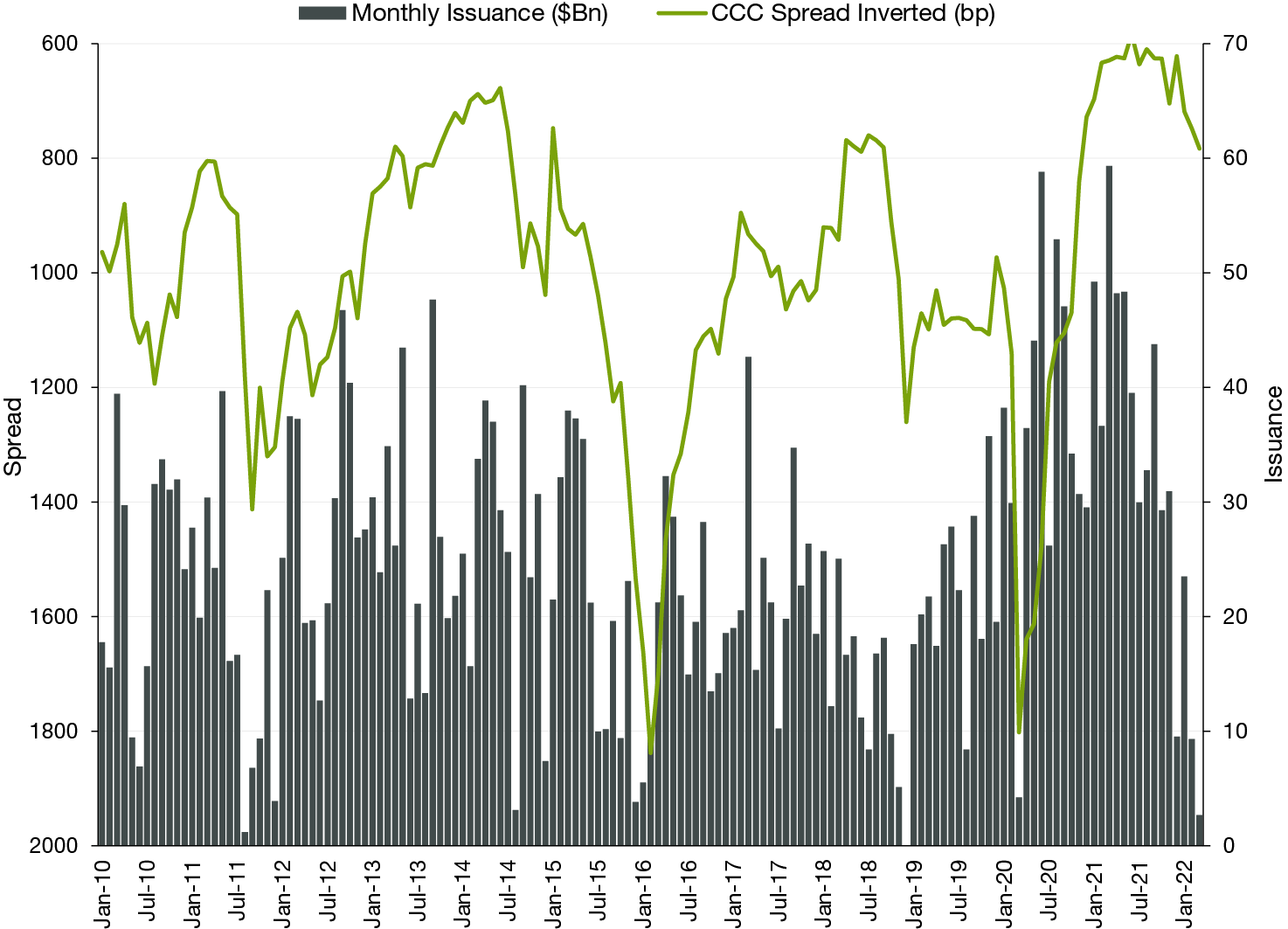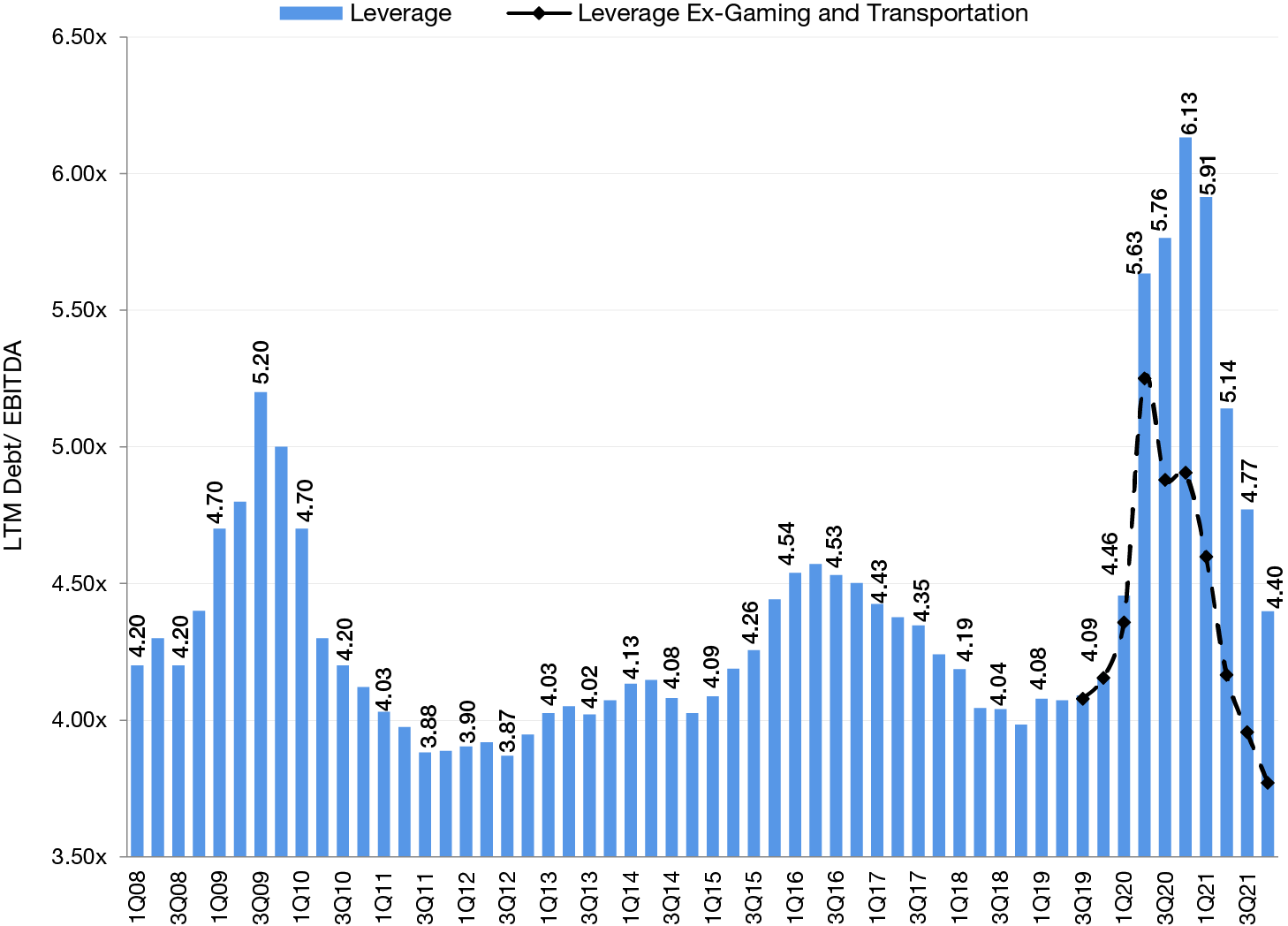Unless otherwise noted, all discussions are based on U.S. markets and U.S. monetary and fiscal policies.
Asset allocation or diversification does not guarantee a profit or protect against loss in declining markets.
No investing strategy can overcome all market volatility or guarantee future results.
The value of investments and any income from them is not guaranteed and may fall as well as rise, and an investor may not get back the amount originally invested. Investment decisions should always be made based on an investor’s specific financial needs, objectives, goals, time horizon, and risk tolerance.
Market forecasts and projections are based on current market conditions and are subject to change without notice. Projections should not be considered a guarantee.
Equity Investing Risks
The value of investments in equity securities will fluctuate in response to general economic conditions and to changes in the prospects of companies and/or sectors in the economy. While growth stocks are subject to the daily ups and downs of the stock market, their long-term potential as well as their volatility can be substantial. Value investing involves the risk that the market may not recognize that securities are undervalued, and they may not appreciate as anticipated. Smaller companies tend to be more volatile and less liquid than larger companies. Small cap companies may also have more limited product lines, markets, or financial resources and typically experience a higher risk of failure than large cap companies.
Fixed-Income Investing Risks
The value of investments in fixed-income securities will change as interest rates fluctuate and in response to market movements. Generally, when interest rates rise, the prices of debt securities fall, and when interest rates fall, prices generally rise. High yield securities, sometimes called junk bonds, carry increased risks of price volatility, illiquidity, and the possibility of default in the timely payment of interest and principal. Bonds may also be subject to other types of risk, such as call, credit, liquidity, and general market risks. Longer-term debt securities are usually more sensitive to interest-rate changes; the longer the maturity of a security, the greater the effect a change in interest rates is likely to have on its price.
The credit quality of fixed-income securities in a portfolio is assigned by a nationally recognized statistical rating organization (NRSRO), such as Standard & Poor’s, Moody’s, or Fitch, as an indication of an issuer’s creditworthiness. Ratings range from ‘AAA’ (highest) to ‘D’ (lowest). Bonds rated ‘BBB’ or above are considered investment grade. Credit ratings ‘BB’ and below are lower-rated securities (junk bonds). High-yielding, non-investment-grade bonds (junk bonds) involve higher risks than investment-grade bonds. Adverse conditions may affect the issuer’s ability to pay interest and principal on these securities.
This material may contain assumptions that are “forward-looking statements,” which are based on certain assumptions of future events. Actual events are difficult to predict and may differ from those assumed. There can be no assurance that forward-looking statements will materialize or that actual returns or results will not be materially different from those described here.
The views and opinions expressed are as of the date of publication, and do not necessarily represent the views of the firm as a whole. Any such views are subject to change at any time based upon market or other conditions and Lord Abbett disclaims any responsibility to update such views. Lord Abbett cannot be responsible for any direct or incidental loss incurred by applying any of the information offered.
This material is provided for general and educational purposes only. It is not intended as an offer or solicitation for the purchase or sale of any financial instrument, or any Lord Abbett product or strategy. References to specific asset classes and financial markets are for illustrative purposes only and are not intended to be, and should not be interpreted as, recommendations or investment advice.
Please consult your investment professional for additional information concerning your specific situation.
Glossary & Index Definitions
Treasuries are debt securities issued by the U.S. government and secured by its full faith and credit. Income from Treasury securities is exempt from state and local taxes.
A basis point is one one-hundredth of a percentage point.
Duration is a measure of the sensitivity of the price (the value of principal) of a fixed-income investment to a change in interest rates.
Rising stars are defined as issuers upgraded to investment grade ('BBB-' or higher) from speculative grade ('BB+' or lower).
Yield is the income returned on an investment, such as the interest received from holding a security. The yield is usually expressed as an annual percentage rate based on the investment's cost, current market value, or face value. Yield to worst refers to the lesser of a bond’s (a) yield-to-maturity or (b) the lowest yield-to-call calculated on each scheduled call date.
The ICE BofA BB U.S. High Yield Constrained Index is a rating-specific subset of the ICE BofA U.S. High Yield Constrained Index, which tracks the performance of U.S.-dollar denominated, below-investment-grade corporate debt publicly issued in the U.S. domestic market. Qualifying securities must have a below-investment-grade rating (based on an average of Moody’s, S&P and Fitch), at least 18 months to final maturity at the time of issuance, at least one year remaining term to final maturity as of the rebalancing date, a fixed coupon schedule and a minimum amount outstanding of $250 million.
The ICE BofA BBB U.S. Corporate Index is a rating-specific subset of the ICE BofA U.S. Corporate Index, which tracks the performance of U.S.-dollar-denominated, investment-grade, corporate debt publicly issued in the U.S. domestic market. Qualifying securities must have an investment-grade rating (based on an average of Moody’s, S&P and Fitch), at least 18 months to final maturity at the time of issuance, at least one year remaining term to final maturity as of the rebalancing date, a fixed coupon schedule and a minimum amount outstanding of $250 million.
ICE BofA Index Information:
Source: ICE Data Indices, LLC (“ICE”), used with permission. ICE PERMITS USE OF THE ICE BofAML INDICES AND RELATED DATA ON AN "AS IS" BASIS, MAKES NO WARRANTIES REGARDING SAME, DOES NOT GUARANTEE THE SUITABILITY, QUALITY, ACCURACY, TIMELINESS, AND/OR COMPLETENESS OF THE ICE BofAML INDICES OR ANY DATA INCLUDED IN, RELATED TO, OR DERIVED THEREFROM, ASSUMES NO LIABILITY IN CONNECTION WITH THE USE OF THE FOREGOING, AND DOES NOT SPONSOR, ENDORSE, OR RECOMMEND LORD, ABBETT & CO. LLC., OR ANY OF ITS PRODUCTS OR SERVICES.
The J.P. Morgan High Yield Index is designed to mirror the investable universe of the U.S. dollar-denominated, high yield, corporate debt market for the United States.
Indexes are unmanaged, do not reflect the deduction of fees or expenses, and are not available for direct investment.
This material is the copyright © 2022 of Lord, Abbett & Co. LLC. All Rights Reserved.
Important Information for U.S. Investors
Lord Abbett mutual funds are distributed by Lord Abbett Distributor LLC.
FOR MORE INFORMATION ON ANY LORD ABBETT FUNDS, CONTACT YOUR INVESTMENT PROFESSIONAL OR LORD ABBETT DISTRIBUTOR LLC AT 888-522-2388, OR VISIT US AT LORDABBETT.COM FOR A PROSPECTUS, WHICH CONTAINS IMPORTANT INFORMATION ABOUT A FUND'S INVESTMENT GOALS, SALES CHARGES, EXPENSES AND RISKS THAT AN INVESTOR SHOULD CONSIDER AND READ CAREFULLY BEFORE INVESTING.
The information provided is not directed at any investor or category of investors and is provided solely as general information about Lord Abbett’s products and services and to otherwise provide general investment education. None of the information provided should be regarded as a suggestion to engage in or refrain from any investment-related course of action as neither Lord Abbett nor its affiliates are undertaking to provide impartial investment advice, act as an impartial adviser, or give advice in a fiduciary capacity. If you are an individual retirement investor, contact your financial advisor or other fiduciary about whether any given investment idea, strategy, product, or service may be appropriate for your circumstances.
Important Information for non-U.S. Investors
Note to Switzerland Investors: In Switzerland, the Representative is ACOLIN Fund Services AG, Leutschenbachstrasse 50, CH-8050 Zurich, whilst the Paying Agent is Bank Vontobel Ltd., Gotthardstrasse 43, CH- 8022 Zurich. The prospectus, the key information documents or the key investor information documents, the instrument of incorporation, as well as the annual and semi-annual reports may be obtained free of charge from the representative. In respect of the units offered in Switzerland, the place of performance is at the registered office of the representative. The place of jurisdiction shall be at the registered office of the representative or at the registered office or domicile of the investor.
Note to European Investors: This communication is issued in the United Kingdom and distributed throughout Europe by Lord Abbett UK Ltd., a Private Limited Company registered in England and Wales under company number 10804287 with its registered office at Tallis House, 2 Tallis Street, Temple, London, United Kingdom, EC4Y 0AB. Lord Abbett UK Ltd (FRN 783356) is an Appointed Representative of Kroll Securities Limited (FRN 466588), which is authorised and regulated by the Financial Conduct Authority.




